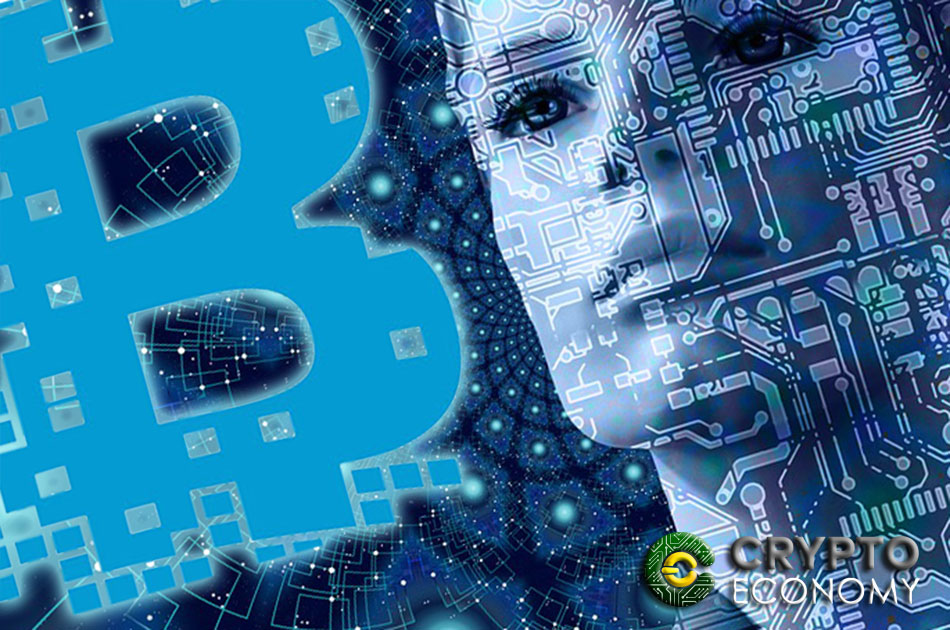We usually see in many technological applications the inevitable tendency to leave many people unemployed. This situation, perhaps a necessary social cost that has touched us as a civilization to assume, is even more dramatic in the potential that paradoxically bring to improve our quality of life technologies such as Artificial Intelligence and Blockchain. This trend has recently been addressed in a study by Professor Edward Castronova of Indiana University Bloomington.
Castronova, who is an expert in economic issues related to new technologies, takes as a basis in his material entitled “Players For Hire: Games and the Future of Low-Skill Work” the certain possibility that video games are, along with the blockchain technology, a secure source of income for low-skilled workers in the medium-term future in highly technified economies. This assertion is based on the fact that the videogame industry possesses the necessary characteristics to serve as players to whom it will pay them, making viable an economic model similar to a universal basic income (UBI).
The above is only possible if people can receive a real ownership of the content of the game, which will be an evolution of an incentive, a necessary condition where the immutability that the infrastructure of the blockchain has will be indispensable, if the videogames they become the universal basic income (UBI) for low-skilled workers. But it is important to understand what Castronova refers to the situation of “low skilled workers”. Due among other factors to increasingly sophisticated automation and artificial intelligence (AI) the level of inequality in technologically advanced nations can increase significantly, so in these countries low-skilled workers can not be employed in many occupations as before .
There is a real factor leading this situation, and that is that the rich elite would have a large amount of funds to support their lifestyle, many of which would be dedicated to leisure activities such as video games. In fact, there will not be much additional cost when it comes to paying players to join a game. Castronova affirms that as the number of real-world, low-skilled and even unemployed individuals increases, the income of the highly qualified technological elite will also increase.

Playing video games as a form of universal basic income can only work if players manage to commit to a completely virtual world. This implies the adoption and fulfillment of intelligent social contracts for that virtual community, and that is where blockchain becomes indispensable. For example with blockchain, when it comes to negotiating specific social agreements in the course of a game, a user can quickly create their smart contract and activate it in the game.
Blockchain can also track the identity and profile of a player in the virtual environment, and this works perfectly for a virtual UBI, with which players can request subsidies and their profile classification compared to others. For videogames to provide a UBI for low-skilled personnel, they must be assured that they have full ownership of their assets and can design their virtual world as they please with complete freedom. Blockchain provides facilitation, security, immutability and opportunities. Artificial intelligence and machine learning will do the rest.
In conclusion, Although games are not usually associated with standard revenue, the trend that could be generated in the medium term in the future by free innovative models and blockchain technology, is that video games may become a universal basic income option for the low-skilled people.










